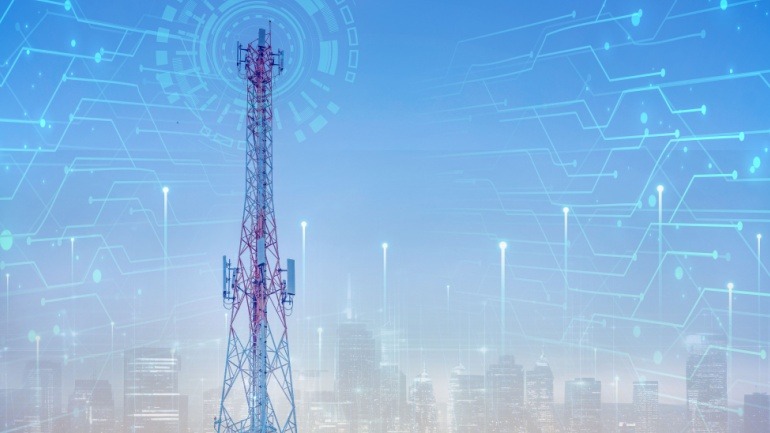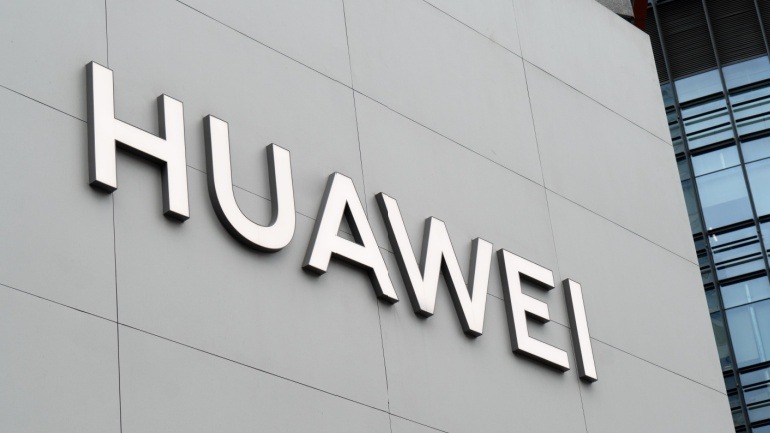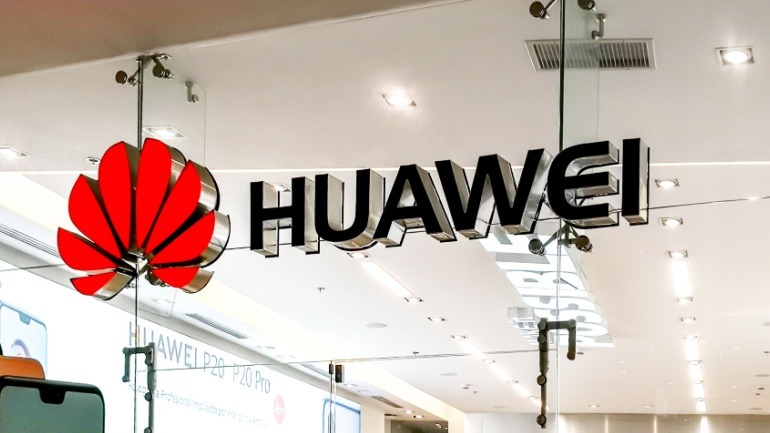At MWC Shanghai 2025, China Telecom and Huawei introduced Intelligent Ultra Pooling Uplink, a 5G Advanced innovation that boosts uplink speed, reduces delays, and improves coverage. Powered by AI, it enables seamless data transmission for smart devices, enhances energy efficiency, and supports real-time applications.
stc Bahrain has entered a pivotal agreement with Huawei to accelerate 5G-Advanced technology and AI services. This partnership, focusing on digital transformation, aims to provide innovative AI-driven solutions and 5G mobile private networks, enhancing enterprise sectors.
U Mobile plans to exit DNB and build its own 5G network, aiming to cover 80 percent of Malaysia’s populated areas within a year. Partnering with Huawei and ZTE, the company will focus on advanced 5G features and enhanced indoor coverage while continuing to offer 5G services through a wholesale agreement with DNB.
U Mobile is transforming Malaysia’s 5G landscape by partnering with Huawei and ZTE to deploy the country’s second 5G network. Aiming for 80% population coverage within a year, U Mobile emphasizes robust 5G performance. This strategic move aligns with government efforts to boost competition and service quality.
Huawei is embroiled in a bribery scandal linked to the European Parliament, with Belgian authorities leading an investigation that has resulted in multiple arrests across Europe. The probe alleges Huawei used luxury gifts and payments to influence EU politics.
Huawei’s display at the MWC in Barcelona showcased their cutting-edge solutions for telecoms carriers, focusing on the transformative power of 5G and AI. Huawei’s innovations in AI-centric network solutions aim to enhance telecom infrastructure, streamline operations, and meet the increasing demands of AI applications.
Algeria Telecom and Huawei have partnered to launch a 400G WDM national backbone network, enhancing Algeria’s digital infrastructure with ultra-high-speed, low-latency connectivity. This initiative boosts network reliability, supports the digital economy, and improves online services in sectors like education and healthcare.
China Unicom and Huawei have launched a groundbreaking 5G-Advanced network in Beijing, serving over 10 million people with speeds up to 10 Gbps. This large-scale deployment, leveraging AI and machine learning, optimizes network operations automatically, boosting efficiency and user experience dramatically.
MTN’s strategic partnership with China Telecom and Huawei leverages advanced technologies like 5G, IoT, and AI to enhance South Africa’s digital landscape. By prioritizing transformative services, this collaboration ensures improved connectivity and infrastructure.
The escalating US-Huawei tensions profoundly impact the global VOIP industry by highlighting the strategic importance of technological independence. Ongoing sanctions against Huawei emphasize a pivotal point: adaptability in sourcing components is crucial. As these US-China dynamics unfold, VOIP providers must anticipate shifts in technological power impacting future market strategies.













